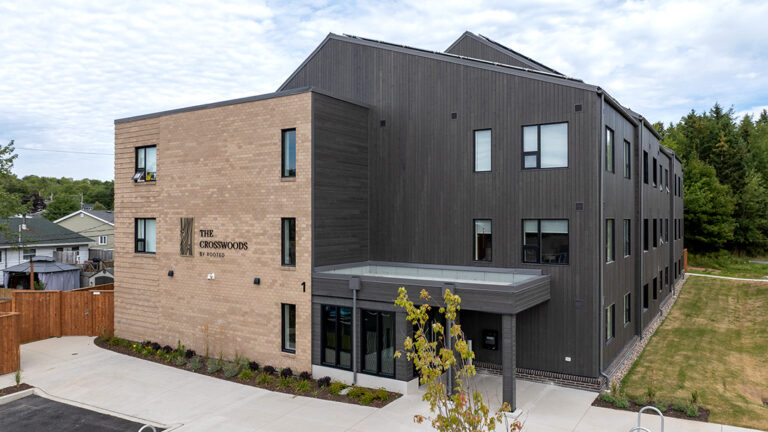Written by Jennifer Hille
Overview of the Centre’s First Year of Activities
Within 4 months, the Centre’s dynamic team has been working efficiently, even after the start of a nationwide COVID-19 crisis, approving 32 first project grants. After studying numerous proposals, more than 3 million dollars was allocated to transformational projects during the organization’s first financial year.
“As a new pan-Canadian organization, we are pleased to support local and regional projects in 7 provinces, and some Canada-wide ones impacting all jurisdictions,” underlines Stéphan Corriveau, executive director at the Centre. “Meeting different non-profit housing organizations last winter, during my trips to BC, Ontario, Manitoba, Alberta Nova Scotia and Newfoundland has shown me how different realities can be from one part of the ocean to the other. Some provinces have the advantage of working with well-established structures, as for example British Columbia, Ontario, or Quebec. In other areas, the Centre is involved in supporting the development of such provincial entities. Our three funding streams are developed to assist various projects, based on our organization’s strategic priorities.
In general, the Centre supports organizations with a transformative project. More specifically, all funded projects show innovative approaches, tools or practices that can serve as a model for the community housing sector. In 2019/2020, the three largest provinces received a significant portion of the Centre’s funding, approximately $2.2 million. This represents 71% of the allocated envelope. Manitoba and New Brunswick have received funding via the Sector Transformation Fund- Sector Impact Project. A Prince Edward Island project will be funded to support Indigenous tenant engagement, through the Community Tenants Initiative Fund.
The Centre’s representations throughout Canada have promoted existing grant programs aimed to reduce gaps in services to Indigenous populations. Other funded priority areas include promoting innovative business practices and projects favouring social inclusion or the community housing sector’s growth. All 5 priority areas are well represented in the allocating funding, even if less local projects have applied for the priority to reduce the sector’s environmental footprint.
“In a shifting global context where an awareness for ecological priorities among political actors slowly spreads, we expect to receive more grant applications for projects seeking to integrate sustainable ecological practices into their housing projects. Sharing a vehicle or finding ways to reducing energy consumption in a building are examples of initiatives who could apply to the Centre’s funding,” concludes Stéphan Corriveau.
“But most importantly, all our actions aim to improve conditions for individuals, so that everyone has a place to call home. The COVID-19 crisis highlights the importance of the community housing sector’s work to support vulnerable populations.”
About the Centre
The Centre supports a community housing sector focusing on individual needs, while aiming to increase the transformation, growth, and sustainability of the sector. The Centre works to strengthen the sector’s organizational capacity via three funds: the Sector Transformation Fund—Local Projects (STF-LP), the Sector Transformation Fund—Sectoral Impact Projects (STF-SIP) and the Community-Based Tenant Initiative Fund (CBTIF).
Our funds are allocated to projects that meet one or more of the following transformative criteria:
- Reducing the sector’s environmental footprint
- Answering to gaps in service for Indigenous communities
- Supporting innovative and sustainable business practices
- Increasing social inclusion and community engagement
- Facilitating growth of the community housing sector
- Our vision: A home for everyone.



